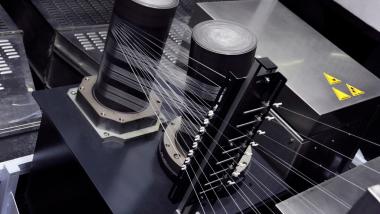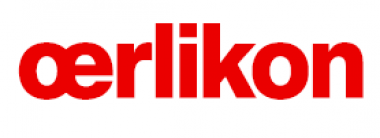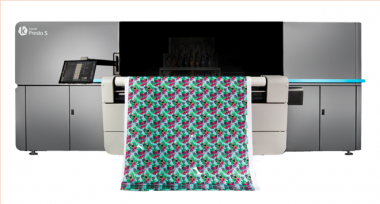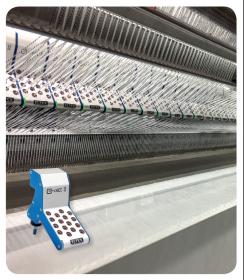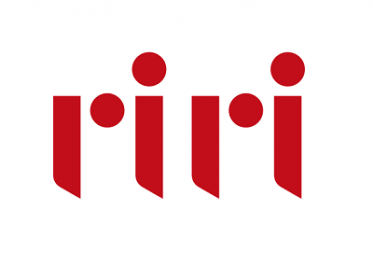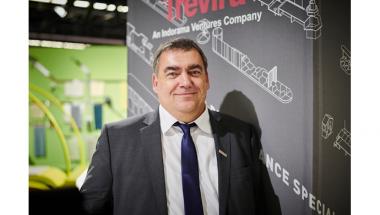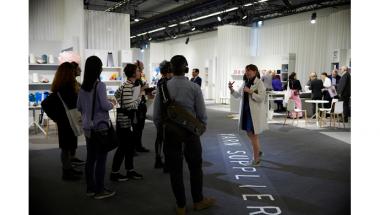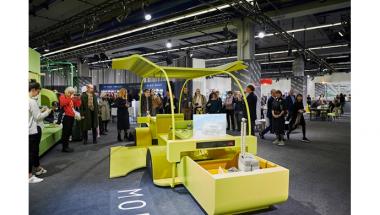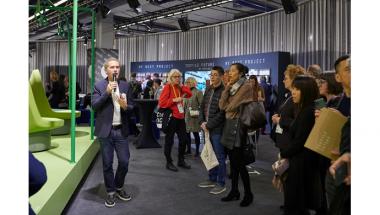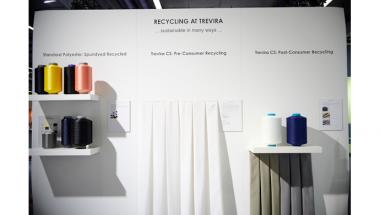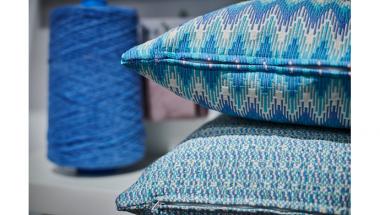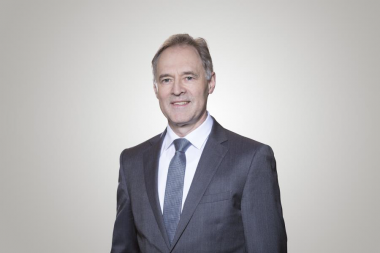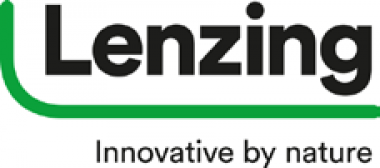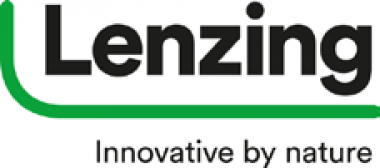Oerlikon Barmag systems convince with product diversity
- Industrial yarn: Capacity expansion in the high-end sector
Remscheid – the Chinese industrial yarn manufacturer Zhejiang Kingsway High-Tech Fiber Co., Ltd. is expanding its production capacities by a further 40,000 tons per annum with 5 Oerlikon Barmag lines. Kingsway is already successfully manufacturing special high-quality yarns, exclusively deploying Oerlikon Barmag industrial yarn systems.
The 21 new spinning positions will be used to manufacture a broad product range: in addition to super-low-shrinkage (SLS) and high-tenacity (HT) yarn, the business also plans to produce automotive yarns for seat belts and airbags. This flexibility is made possible as a result of the Oerlikon Barmag systems’ configuration. The new systems are expected to commence manufacturing next year.
Industrial yarns for greater safety
As a quality-conscious industrial yarn producer, Kingsway has been manufacturing its sophisticated, high-end yarns on Oerlikon Barmag filament yarn systems since 2015. Alex Yang Yu Long, CEO of Kingsway, is proud of relying on engineering artistry from Remscheid: “As expected, the yarns are first-class in terms of quality. Our products are used in safety equipment, sometimes in situations where lives depend on them. Therefore, there can be no compromises. To this end, we select our partners with the utmost care."
Oerlikon Manmade Fibers


